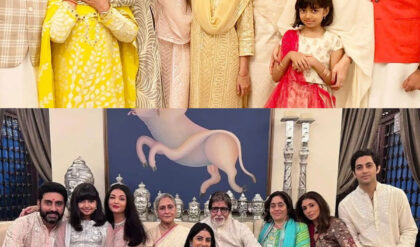Why is Virat Kohli NOT called “King👑”
.
.
.
Virat Kohli, the renowned Indian cricketer, has often been the subject of admiration and adulation. His impressive records, aggressive batting style, and unwavering dedication have earned him a place among the greatest cricketers of all time. Despite his remarkable achievements, he is not widely referred to as “King” in the cricketing world. So, why is that?
- The Moniker “King” in Cricket: In cricket, the title “King” is not an official designation but rather an accolade bestowed by fans, media, and players. It generally reflects the player’s dominance, leadership, or exceptional skill. The term “King” often comes with a sense of regality and supremacy that implies a player not only excels but also embodies qualities of leadership and dominance in their game.
Comparison with Other Legends: Historically, players who have been called “King” or “Emperor” often have a combination of long-term dominance and unmatched contributions to their teams. For instance, Sir Donald Bradman, widely regarded as the greatest batsman of all time, is sometimes referred to as “The Don,” reflecting his legendary status. Sachin Tendulkar, another Indian cricketing icon, is often referred to as the “Little Master” or “Master Blaster,” terms that convey his unparalleled skill and contribution to the game.
Kohli’s Style and Persona: Virat Kohli’s persona and style are distinct from those who traditionally hold the “King” title. Kohli is known for his intense aggression, passionate involvement in the game, and a relentless drive to win. While these traits are admirable, they present a different image from the more reserved or diplomatically revered personalities associated with the “King” moniker.
Public Perception and Media Influence: The media and fanbase play a crucial role in bestowing titles. In Kohli’s case, his career has been marked by controversies, such as his confrontations with opponents and his sometimes fiery responses to criticism. These aspects of his public persona may influence the extent to which he is regarded with the same reverence as those traditionally called “Kings.”
Cultural and Regional Preferences: Cricketing titles and accolades can also be influenced by cultural and regional preferences. In different cricketing cultures, players are celebrated in varied ways, and the use of titles like “King” might be more or less prevalent based on local cricketing traditions and the values they emphasize.
Kohli’s Legacy and Titles: Despite not being called “King,” Kohli’s legacy is substantial. His numerous records, including being one of the fastest to reach various milestones in international cricket, attest to his exceptional ability and influence on the game. Titles may come and go, but Kohli’s achievements and impact on cricket remain undeniable.
In conclusion, the absence of the title “King” from Virat Kohli’s name does not diminish his stature or achievements. Titles and monikers are often shaped by a complex mix of personal attributes, historical comparisons, and public perception. Kohli’s legacy will be defined by his remarkable performances and the respect he commands within the cricketing community, regardless of whether he is labeled “King” or not.





